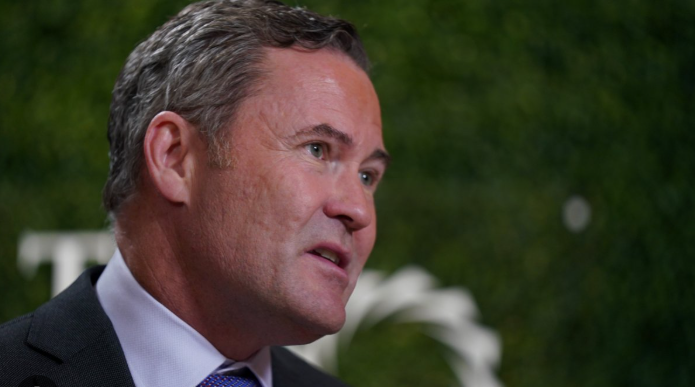[ad_1]
WASHINGTON (Reuters) – Delegations from the United States, Russia, and China and other countries struck a deal on Thursday to refrain from commercial fishing in the high Arctic seas, one of world’s fastest-warming places, until scientists can determine what fish are there and whether they can be harvested sustainably.
Once signed by the governments of all the parties, the agreement will protect an area of the central Arctic Ocean roughly the size of the Mediterranean Sea, for at least 16 years.
While commercial fishing has not yet occurred in the area, the world’s hunger for fish protein is rising and both Arctic and non-Arctic nations are angling to develop natural resources in the region as global warming opens shipping lanes. Waters in the region were once frozen year round.
“This is one of the rare times when a group of governments actually solved a problem before it happened,” David Balton, the U.S. ambassador for oceans and fisheries who has worked the State Department for 32 years, told Reuters.
The other parties to the legally binding agreement were Canada, Norway, Greenland, Iceland, Japan, South Korea and the European Union.
Under the agreement, Arctic countries and non-Arctic countries, such as China, will be part of a joint scientific research program determining what fish are in the region.
“In the future if fish stocks are plentiful enough to support a commercial fishery there, they will be part of the management system and presumably their vessels will have the opportunity to fish for those stocks,” Balton said.
The agreement, which came after years of talks and a three-day meeting in Washington, D.C., built on a declaration in 2015 by the U.S., Canada, Norway, Greenland and Russia to voluntarily avoid fishing in the Arctic.
Scott Highleyman, an official at the Ocean Conservancy who also served on the U.S. delegation, said scientists have little knowledge of what kind of fish are in the region now and whether commercial stocks will migrate north as the water warms.
“This precautionary action recognizes both the pace of change in the Arctic due to climate change as well as the tradition of Arctic cooperation across international boundaries,” he said.
Trevorhi Taylor, a conservationist at the Canadian nonprofit group Oceans North, said the deal would protect Arctic fish and marine mammals, such as walrus and seals, on which many coastal communities in the North rely.
Reporting by Timothy Gardner; Editing by Christian Schmollinger
[ad_2]
Source link






Leave a Reply